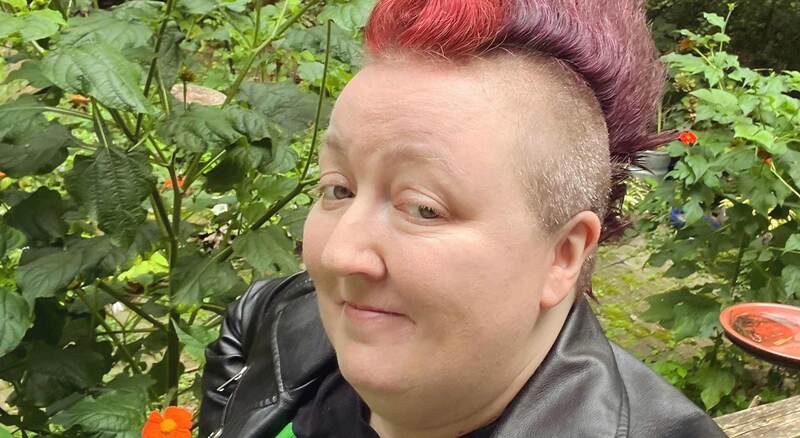You are viewing your 1 free article this month. Login to read more articles.
History and heroines with Rachel Hore
In your novels there is always a mix of the historic and the contemporary, do you enjoy threading two differing narratives together?
Yes, I do. I find the device works for me because I can use the present narrative to investigate the narrative of the past, so you can solve the mystery with a natural storytelling device. You can bounce themes around and it also enables there to be an emotional exploration as well – so a lot of my stories are about different generations because there is that emotional interest in finding out about families. Reconciliation is another big theme in my work and it is nice to be able to explore that within two different narratives.
In your latest novel The Silent Tide you compare the working life of women in the past and present and this time, instead of a family connection, you have a career connection – was it interesting to explore the similarities of working women across generations?
It was, but it was also interesting to point out all the shades of difference too, which is something I always enjoy doing. It has only been since the late 18th century that we expect so much from marriage, for example; if you look at marriage in the Tudor times, at the higher level of society it was very much about dynastic needs rather than love. Our attitudes to violence have changed as well and we have to remember all the time that compared to now, our ancestors were racist and sexist and homophobic and not people we would probably want to spend time with, nor them with us!
How much do you enjoy the research part of writing your novels?
Very much, I think it is a big attraction for a historical writer, that whole voyage of exploration to find your characters and who they were. When you’re starting out with the research, it often feels like you’re emptying a lake with a teaspoon and you never know quite where you’re going. It is lovely too if you’re writing a book where you have to learn new skills, I went to evening classes to learn how to assemble stained glass when I wrote The Glass Painter's Daughter. I was useless at it but it was great fun. You do have to give yourself little markers that you need to get on with the writing because you can get lost in the research, but my research always carries on even when I’m writing.
You spend a lot of time on your research, do you ever get frustrated with historical novelists who are a little less rigid with the truth?
I think that whatever type of historical fiction you are reading, you always have to remember that it is not the same as reading an academic history and have a slightly questioning mind. I think some historians get quite cross with historical fiction writers for that reason. But, there is a balance you have to strike, credibility is what you should aim for; that something is believable within the context of the novel and that you have researched it properly. It is interesting when you think of heroines for that reason, you need to fill in the gaps for the reader and take the passive limited lives the majority of women would lead and come up with an ambitious and passionate woman who has a very colourful life, a life that is not the norm, so you have to be quite delicate with that.
Do you find there is still snobbery round genre fiction?
I think there is a lot of interest in genre fiction which is fun and I also think there are a lot of people interested in the language and then there are people interested in the story and I think the two of them should meet a bit more.














